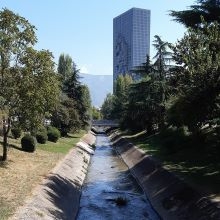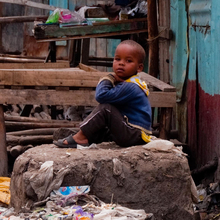Department Sanitation, Water and Solid Waste for Development
Sanitation Planning
Rapid urbanisation presents significant challenges for cities worldwide, particularly in delivering effective sanitation services that are essential for public health, environmental sustainability, climate resilience and human dignity. The complexities of urban environments—characterized by high population density, informal settlements, and fragmented governance further complicate sanitation provision. SESP addresses these challenges through innovative planning approaches such as CLUES and CWIS, ensuring that sanitation planning is both equitable and sustainable in diverse urban contexts.












